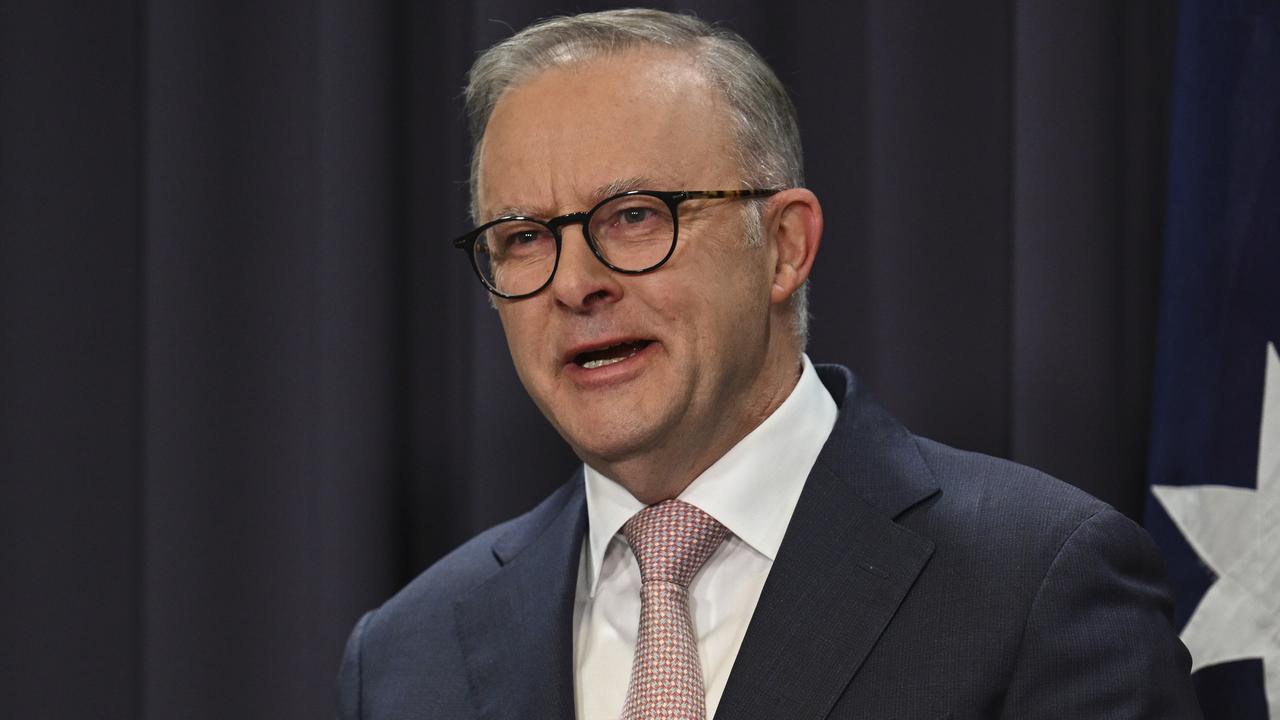Quantum Leap: Albo’s millions for tech

- by Admin
- April 29, 2024

Almost $1bn in taxpayer funds will be poured into a US tech start-up to keep Australia competitive in the fast-moving field to develop quantum computing, an emerging technology that promises to supercharge scientific research.
Silicon Valley-based advanced technology firm PsiQuantum, which is attempting to build the world’s first “fault tolerant” quantum computer, will receive a fresh funding package, comprising $470m in equity and loans from the Albanese government.
The investment will be matched dollar-for-dollar by the Queensland state Labor government.
PsiQuantum’s co-founders include Australian professors Jeremy O’Brien and Terry Rudolph, with the firm’s investors including BlackRock and Microsoft’s venture fund M12.
The investment marks the second project unveiled in the Sunshine State under Labor’s Future Made in Australia Act this month as the government looks to sandbag seats at the October Queensland state election.
Earlier this month, $400m in new loans were granted to Queensland’s Alpha HPA to fund the development of an ultra-high purity alumina processing facility in Gladstone.
Travelling to Brisbane on Tuesday, Prime Minister Anthony Albanese will detail the investment, with the Commonwealth funding to be administered by Export Finance Australia.
“It takes great partnerships to build new industries. We need to make bold investments today if we want to see a Future Made in Australia,” Mr Albanese said in a statement.
“This investment shows we are serious about building a strong quantum ecosystem here in Australia.”
The funding package will secure PsiQuantum’s Asia-Pacific headquarters in Brisbane, and create 400 new positions at the firm.
Quantum computing functions by harnessing the properties of subatomic particles, enabling the technology to simultaneously complete a vast number of calculations in seconds, a process that would take even the most powerful supercomputer thousands of years to solve.
However, quantum computers are currently too error prone for practical application. Fault tolerant quantum computer seeks to overcome this challenge.
It is expected that Quantum computing will assist in modelling the subatomic behaviour of substances, with potential uses of the technology including developing new materials, cleaner fuels, novel pharmaceuticals and of most concern, decode encrypted messaging.
The United States and China dominate the global race to develop the technology, with their governments and major tech firms pouring billions into devising quantum computing.
“Quantum tech will drive the growth of advanced manufacturing and the Albanese Government sees this investment in PsiQuantum as a big part of that effort,” Industry and Science Minister Ed Husic said.
“We want to build the quantum tech sector with local talent and we want to bring talented Aussies home to meet our national ambition to make Australia a centre for quantum growth.”
The Latest News
-
December 22, 2024Footy world rallies around Lions premiership winner and family amid awful news
-
December 22, 2024JPMorgan exits Australia’s Star Entertainment
-
December 22, 2024Fearless teen debutant touches down for Boxing Day
-
December 22, 2024Live: Both Australian openers dropped as NZ miss big chances
-
December 22, 2024New Zealand v Australia: third women’s one-day international – live



